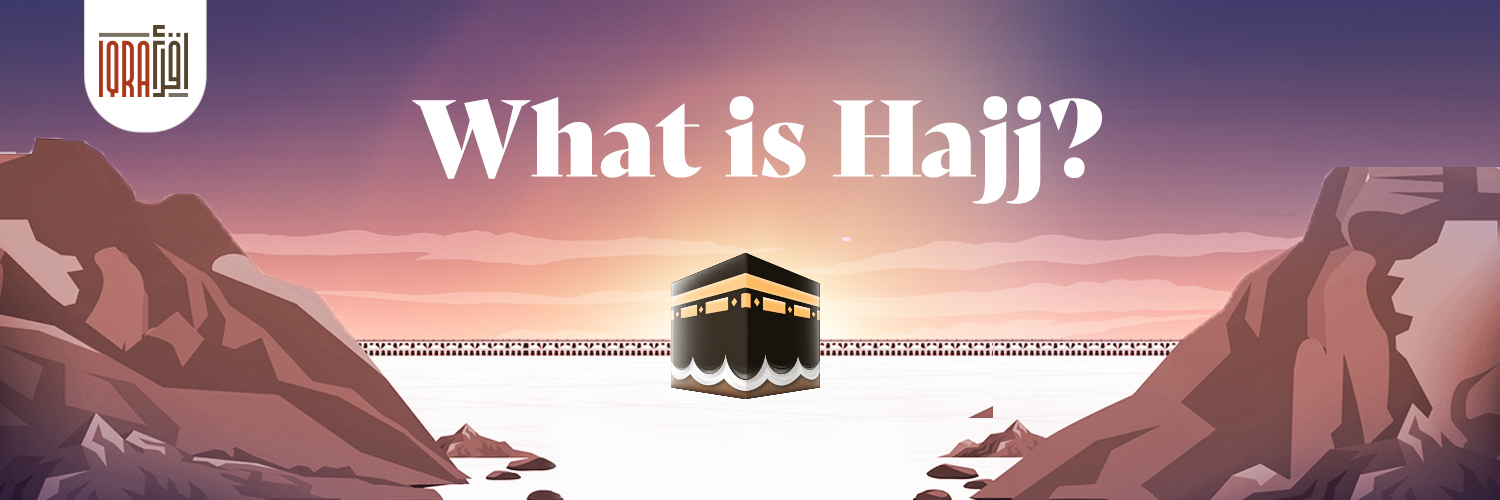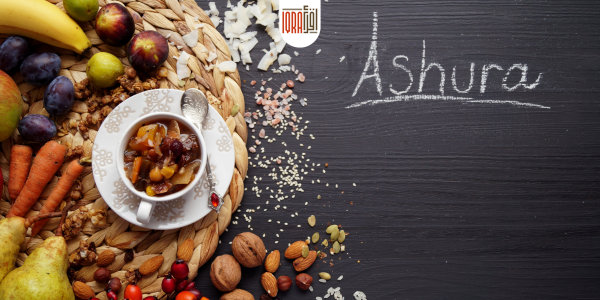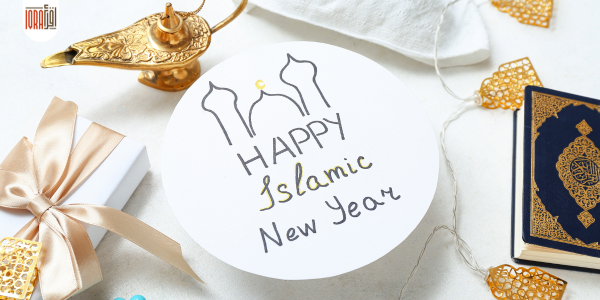Understanding the Significance of Hajj
If you were asked, “What is Hajj?” what would your answer be? Is it a pillar of Islam? Is it just a thing Muslims do every year in Makkah? Or is it more than that?
While Hajj is fundamental in Islam and one of Islam’s five pillars, it is often overlooked. It is obligatory once in a lifetime and for those with the means to go. Unlike the other pillars of Islam, which we take part in daily (salat), one month during Ramadan, or once a year if we qualify (Zakat).
Abu Hurairah (RA) reports: The Messenger of Allah (SAW) delivered a Khutbah and said,
“O people! Hajj (pilgrimage to the House of Allah) has been made incumbent upon you, so perform Hajj.” A man inquired: “O Messenger of Allah, is it prescribed every year?” He (SAW) remained silent till the man repeated it thrice. Then he (SAW) said, “Had I replied in the affirmative, it would have surely become obligatory, and you would not have been able to fulfill it.” Afterward, he said, “Do not ask me so long as I do not impose anything upon you because those who were before you were destroyed on account of their frequent questioning and their disagreement with their Prophets. So when I order you to do something, do it as far as you can; and when I forbid you from doing anything, eschew it.” Muslim: Riyad as-Salihin 1272
So What is it?
Hajj is a fixed, yearly pilgrimage to the sacred city of Makkah, from the 8th of Dhul Hijjah to the 13th of Dhul Hijjah. Tawaf (circumambulating around the Holy Kaaba) and Sa’ee (going between Mt.Safaa and Mt.Marwa) are done all year in Makkah and are part of Hajj too. However, other rituals are exclusive to Hajj. Pilgrims begin their Hajj by going to Mina, Arafat, Muzdalifah, pelt the Jamarat, then conclude with Tawaf and Sa’e.
Abdur-Rahman bin Yamur narrates:
“I saw the Messenger of Allah (SAW) when people came to him and asked him about Hajj. The Messenger of Allah (SAW) said: ‘Hajj is Arafat. Whoever catches up with the night of Arafat before dawn comes on the night of Jam (Al-Muzdalifah), his Hajj is complete.'” Sunan an-Nasa’i 3016
History
Muslims believe Adam (AS) was the first to build the sacred Kaaba. Thereafter, it was destroyed at the time of Nuh (AS) during the great flood. After this, Prophet Ibraheem (AS) and his son Ismail (AS) reconstructed the Kabah. The rituals performed during Hajj and Umrah are in honor of Ibrahim (AS) and his family (Ismail (AS), and his mother, Hajar (RAA)).
How Many Times Did the Prophet (SAW) Perform Hajj?
The Prophet (SAW) performed Hajj once. This Hajj is known as Hajjat ul—Wida and happened in 10 AH, at the age of 61. He passed away a year later.
10th of Dhul Hijjah – Eid Al Adha
Uqbah bin Amir narrates: The Messenger of Allah (SAW) said:
“The Day of Arafah, the Day of Nahr, and the Days of Tashriq are Eid for us. The people of Islam and they are days of eating and drinking,” Jami at-Tirmidhi 773
Eid Al Adha is celebrated worldwide by every Muslim rejoicing as they offer a sacrifice and distribute part of it in charity. Those that have left their homes to perform the obligatory Hajj pilgrimage are concluding the obligatory rites of Hajj by stoning the Jamarat, making their sacrifice (hiya/Qurbani), and trimming their hair (removing ihram). On the 10th of Dhul Hijjah, in Makkah, it is a day to rejoice, hoping for an accepted Hajj, thus receiving the reward of complete forgiveness.
The Reward
Hajj, as we know, is a critical pillar in Islam. Naturally, something fundamental to our religion offers one great reward, such as salat. Hajj is no different!
The rewards are immense!
Free from sins, as though they are a newborn baby! Sunan an-Nasa’i 2627
An accepted Hajj brings no reward except Paradise Sunan an-Nasa’i 2623
Now you can confidently say that you’ll have an answer to “What is Hajj?” And teach others about this beautiful pilgrimage which brings together millions of Muslims worldwide.





0 Comments
Oops comments are disabled